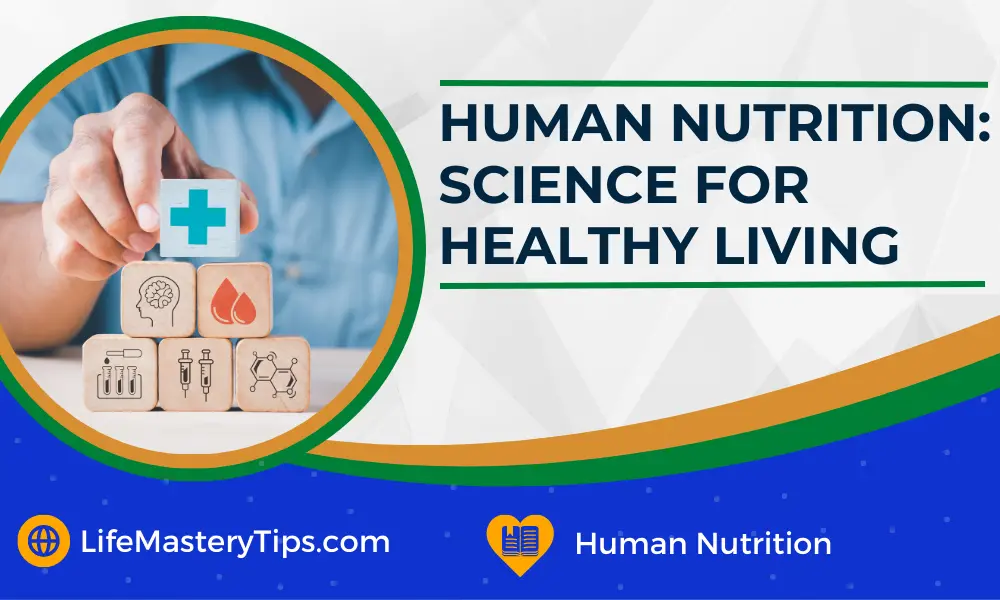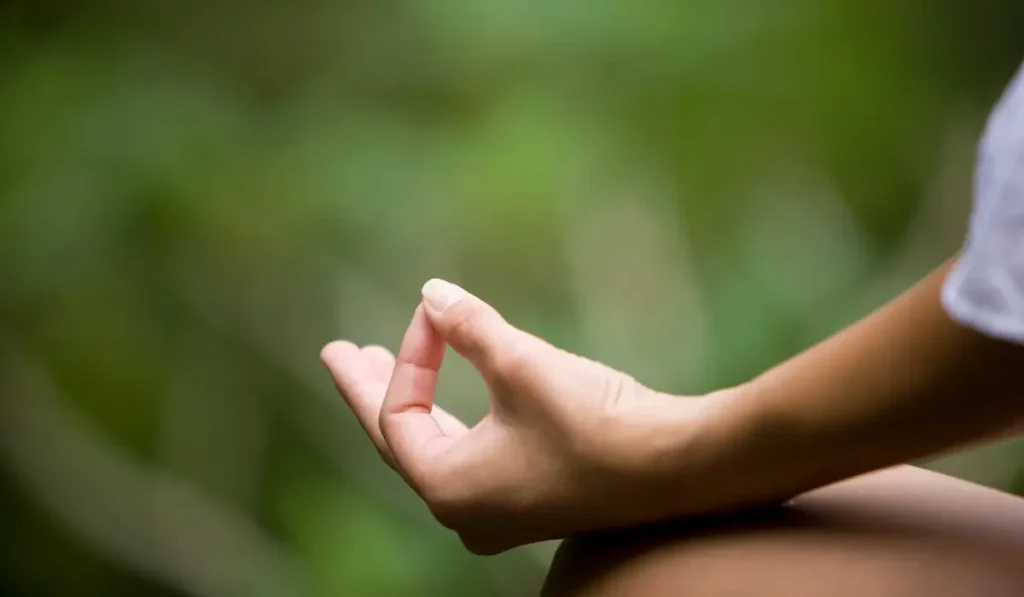Did you ever feel a dull headache or jaw discomfort when you wake up? Or maybe you’ve got a complaint from your friend about hearing a grinding sound at night. In such cases, you might be having bruxism. Bruxism is the involuntary gnashing, grinding, or clenching of the teeth.
If you rarely grind your teeth, no problem. It will not cause any issues, but persistent bruxism can lead to dental problems including jaw pain, and problems with falling asleep. Sleep bruxism can also lead to other sleep-related conditions like apnea.
Here in this article, we’ll discuss the causes, symptoms, and risk factors of bruxism. This guide is useful for anyone who wants to protect their precious teeth and get some sleep themselves too.
Types of Bruxism (Teeth Grinding)
Teeth grinding during one’s waking hours is just one type of bruxism. Whether you are asleep or awake, it makes no difference. From this viewpoint, we can divide it into two types.
Bruxism that occurs when you are awake is referred to as awake bruxism. It is usually due to concentration, stress, or anxiety. While this type of bruxism is not as harmful as grinding at night, it can also lead to headaches, jaw pain, and tooth damage.
Bruxism during sleep is more dangerous and severe than awake bruxism. You grind your teeth at night when you’re asleep and goes unnoticed. Sleep bruxism can lead to migraines, serious dental problems, jaw soreness, and insomnia.
Causes: Why Do People Grind Their Teeth?
According to scientists, many factors are likely involved. The exact cause of this condition is yet unknown.
Sleep Bruxism
Because it occurs while you sleep, this type of bruxism is thought to be a sleep-related issue (teeth grinding at night). It frequently has a relationship with:
Prescription medications: One of the side effects of a number of medications, including selective serotonin reuptake inhibitors (SSRIs), is bruxism.
Family history: If teeth grinding runs in your family, you may be more susceptible to it.
Medical problems: A multitude of conditions, such as sleep apnea, ADHD, GERD, Parkinson’s disease, epilepsy, and night terrors, have been connected to bruxism in sleep.
Alcohol: Alcohol use can lead to bruxism during sleep by disrupting sleep patterns and elevating muscle activity.
Smoking: Nicotine, a stimulant, can cause sleep disturbances and increase the risk of teeth grinding.
Use of recreational drugs: Using some recreational drugs might induce bruxism and interfere with sleep.
Further sleep disorders: Grinding of the teeth is more common in those with snoring and sleep apnea.
People with bruxism, commonly referred to as teeth grinding, unintentionally clench and grind their teeth when they sleep or are awake. Often occurring during sleep, sleep bruxism may need a sleep study for diagnosis.
Awake Bruxism
Oftentimes, grinding your teeth when you’re awake is linked to: Emotional factors: Tightness, rage, anxiety, tension, and dissatisfaction can all result in teeth clenching or grinding.
Coping mechanisms: When faced with intense emotions, some people turn to unconscious teeth grinding or intense concentration.
Habits: Grinding one’s teeth can become an unconscious, deeply ingrained activity.
Symptoms of Teeth Grinding
What symptoms of bruxism, though, should you be aware of? The following is a list of signs and symptoms that you may be a tooth grinder:
If any of these signs apply to you, it’s time to visit the dentist. It’s critical to protect your treasured teeth, ease the silent agony, and help identify bruxism.
Risk factors
There are several reasons why you could be more prone to the clenching and grinding of bruxism. If you have these characteristics, you are more prone to grind your teeth:
Family History: Because bruxism may run in families, you may also have it if your parents or siblings do.
Additional Medical Conditions: Bruxism can sometimes coincide with other medical conditions such as Parkinson’s disease, dementia, GERD (gastroesophageal reflux disease), epilepsy, sleep apnea, ADHD, and even night terrors.
Emotions and Stress: Do you feel tense, anxious, angry, or frustrated? Your emotions could cause your jaw to clench up together.
Age: Although bruxism is frequently seen in children, most adults have outgrown it. If that continues, it’s worth investigating.
Personality: People who are competitive, restless, or a bit firecracker may grind their teeth more frequently.
The Conclusion
While a small amount of teeth grinding might not seem like a big deal, severe bruxism can seriously harm your oral and overall health. Think about the amount of deterioration that might require costly dental work to be done on your crowns, fillings, and teeth. The constant clenching and grinding can produce tension headaches in addition to excruciating pain in your jaw and face.
But the damage doesn’t stop there. Bruxism can even affect the little temporomandibular joints (TMJs), which connect your jawbone to your skull. If these joints start to pop or click, it might be a sign of an underlying problem that will only become worse with time.
Jaw and tooth discomfort might be a result of bruxism. See your dentist. A dentist can identify bruxism in a patient and suggest a course of therapy. Before the issue gets worse and has more expensive and unpleasant side effects, it has to be fixed.




